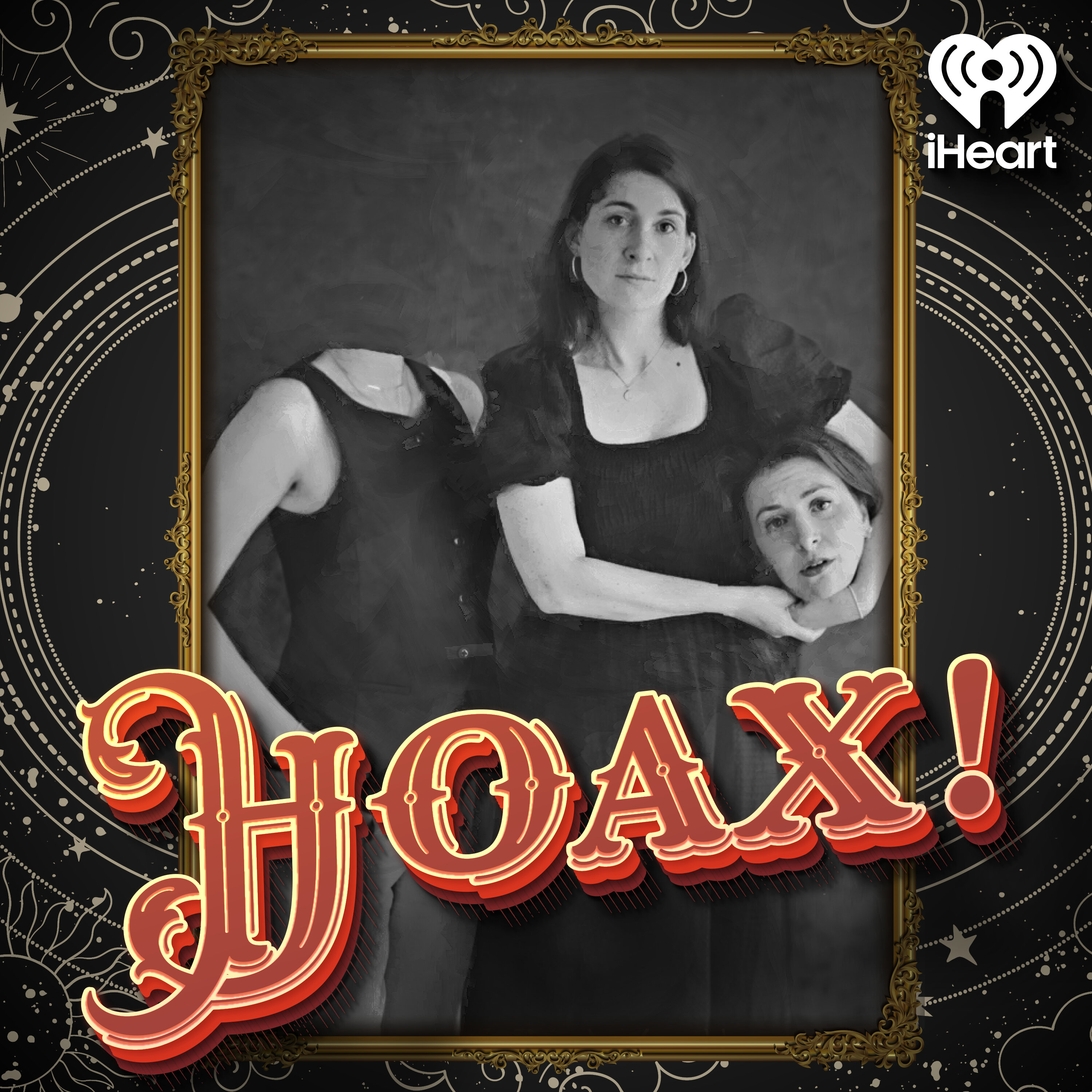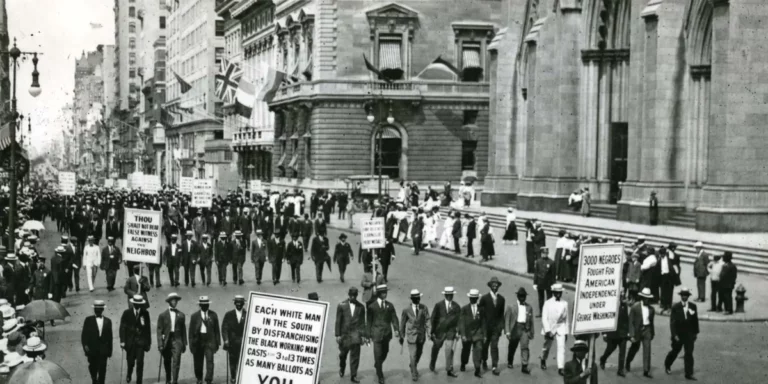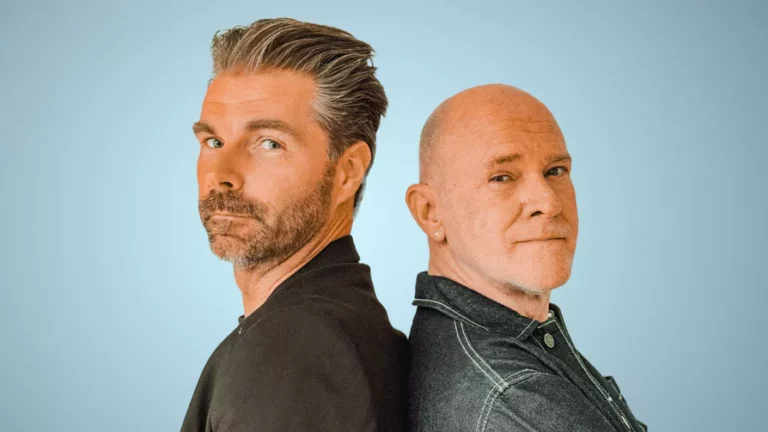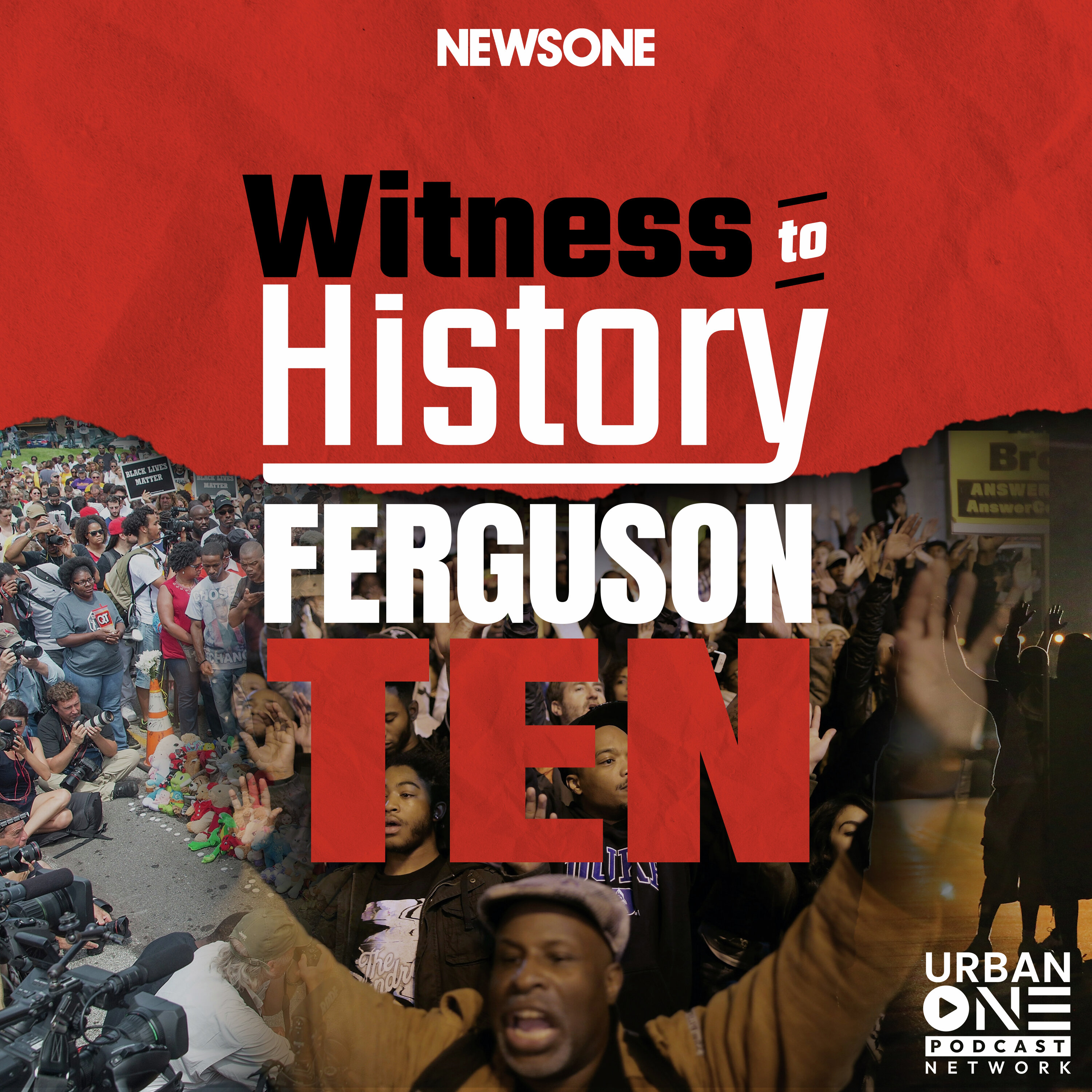Het Engelse woord hoax is afgeleid van hocus pocus. Het staat voor grap, bedrog of oplichterij. En oplichters heeft de mensheid door de eeuwen heen meer dan genoeg voortgebracht. In deze podcast zetten podcastmaker Dana Schwartz en schrijver Lizzie Logan er een aantal op een rij. Van ‘balloon boy’ in 2009 tot negentiende-eeuwse elfjesfoto’s. Regelmatig neigt de toon naar een kletspodcast en het geheel is behoorlijk Amerikaans – vaak wat overdreven. Toch neemt dat niet weg dat hoaxen een interessant thema blijven voor een podcast, en er komen genoeg opmerkelijke verhalen voorbij om het luisteren de moeite waard te maken.

Why do so many people believe things that aren’t true? In an era when claims of “fake news” come as natural as breathing, and social media allows lies to spread and multiply like viruses, the question feels more relevant than ever. From the teenage girls who convinced Sir Arthur Conan Doyle that fairies were real in the 19th century to “Balloon boy” in 2009, Hoax! will explore the most audacious and ambitious tricks in history. And along the way, we’ll uncover the reasons people let themselves be fooled, and how we can live our lives and engage with the media with a more critical eye. Co-hosted by Noble Blood’s Dana Schwartz and pop culture writer Lizzie Logan, we’ll bring you stories of pranks and grifts throughout history so big and bold they make us question why we believe what we believe in the first place.
**New episodes every other week**
Samuel Ireland was an avid collector, the type of man who boasted and tried to make himself look important. His son, William Henry, just wanted to make his dad proud of him.
Sources:
The Boy Who Would Be Shakespeare, by Doug Stewart
Shakespeare and Others by S. Schoenbaum
‘The Poet’s Hand,’ Adam Gopnik, The New Yorker
https://www.britannica.com/biography/William-Henry-Ireland
https://www.npr.org/2010/06/19/127931669/william-henry-irelands-great-shakespearean-hoax
See omnystudio.com/listener for privacy information.























